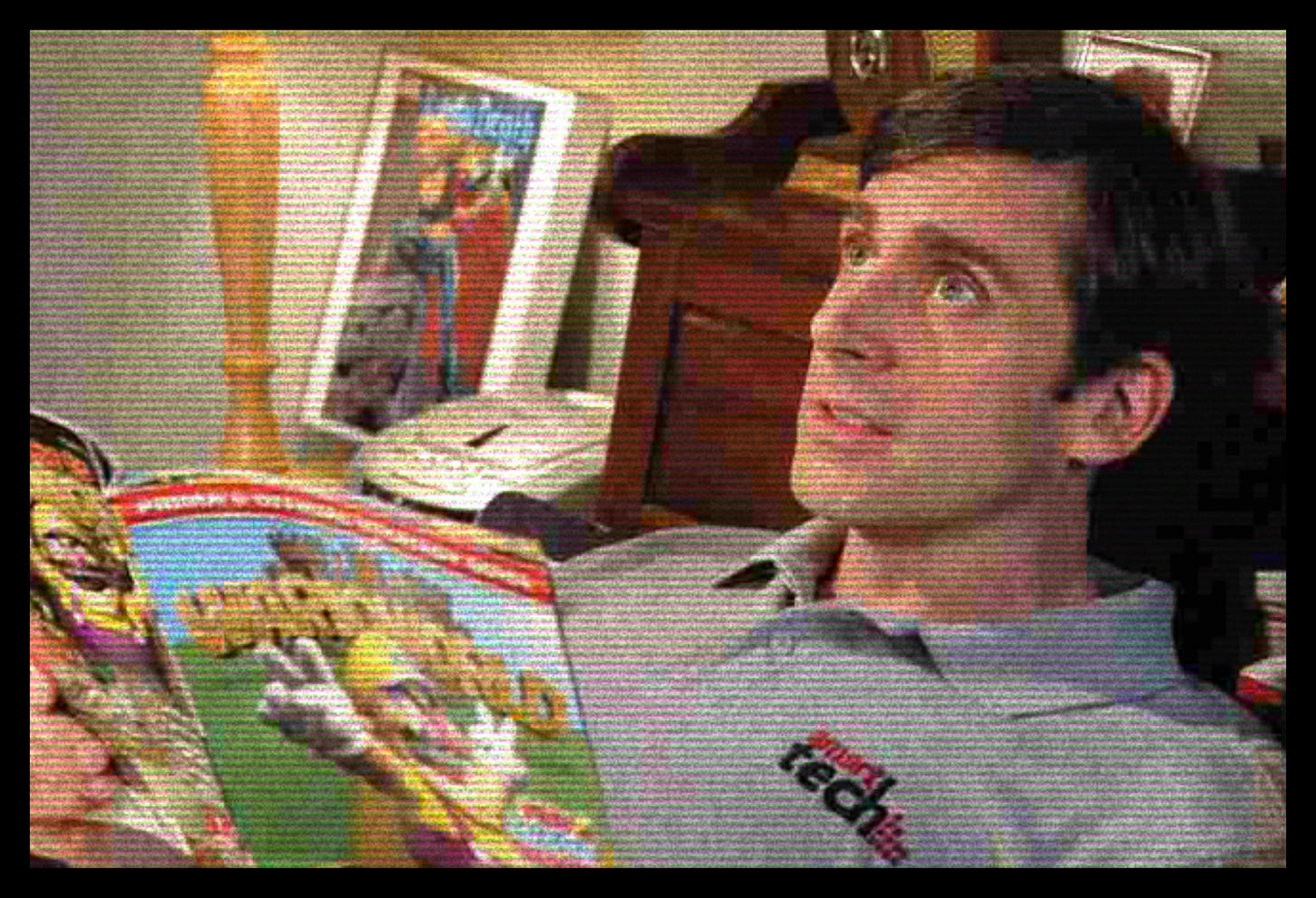How-To H'wood: Turn into a Bold-Face Name
What you need to stand out and move up, in today's advice no one tells you

Welcome to my latest Field Guides to Modern Hollywood, how-to advice no one tells you. Earlier, I explained how to climb the greasy pole to success, the art of firing and being fired and winning feuds and settling scores. Today, we build the brand called you.
In a better world, few of us would have to think about today’s advice no one tells you, but in the world we live in, most of us will: How To Build Your Personal Brand.®️
In olden times, a Hollywood person’s brand was I work for Columbia Pictures. Or: I’ve been with Aaron Spelling for 37 years, or even I handle foreign sales of all non-studio ski-based heist films for the Western Hemisphere. If you ascended a bit higher up the chain, you could say: I produced Airport ’75 and the last three Charles Bronson pictures. And that was enough for everyone to get who you were and where you fit in the big picture of things.
But in today’s Hollywood, it’s rarely so simple. First of all, there are few among us with a charmed enough life to build an entire career at one company. If you’re able to hold your position at one place long enough to accomplish a few things, that’s all we can ask for these days. Second, the face of the business changes so fast now, yesterday’s credits fade in relevance before you can blink.
In the new Hollywood, everyone is a free agent and everyone needs a way of making the industry understand who you are — and why you are just what they need — from a mile away.
Again, I hate this kind of talk, but you need a brand. Here’s my guide on how to build one.
I. Find a “Superpower”
The boilerplate job interview question these days is “What’s your superpower?”
The truth is, few people have one. The typical position involves being competent at a bunch of different things. Each job description ends up as a grab bag of creative and logistical responsibilities. Some titles like “producer” become so broad as to be meaningless.
Within that expansive purview of what you’re expected to do, no one is equally great at everything, so you spend a lot of time making sure you’re not a disaster at anything. Juggling all that, there’s generally not a ton of space to develop a superpower at one particular skill.
Unfortunately, “pretty good at everything” might make for the best co-worker, but it doesn’t make for the most exciting resume. Companies may need the person who can juggle a bunch of stuff, but they want the one who can create miracles at something.
Developing that superpower involves . . .





